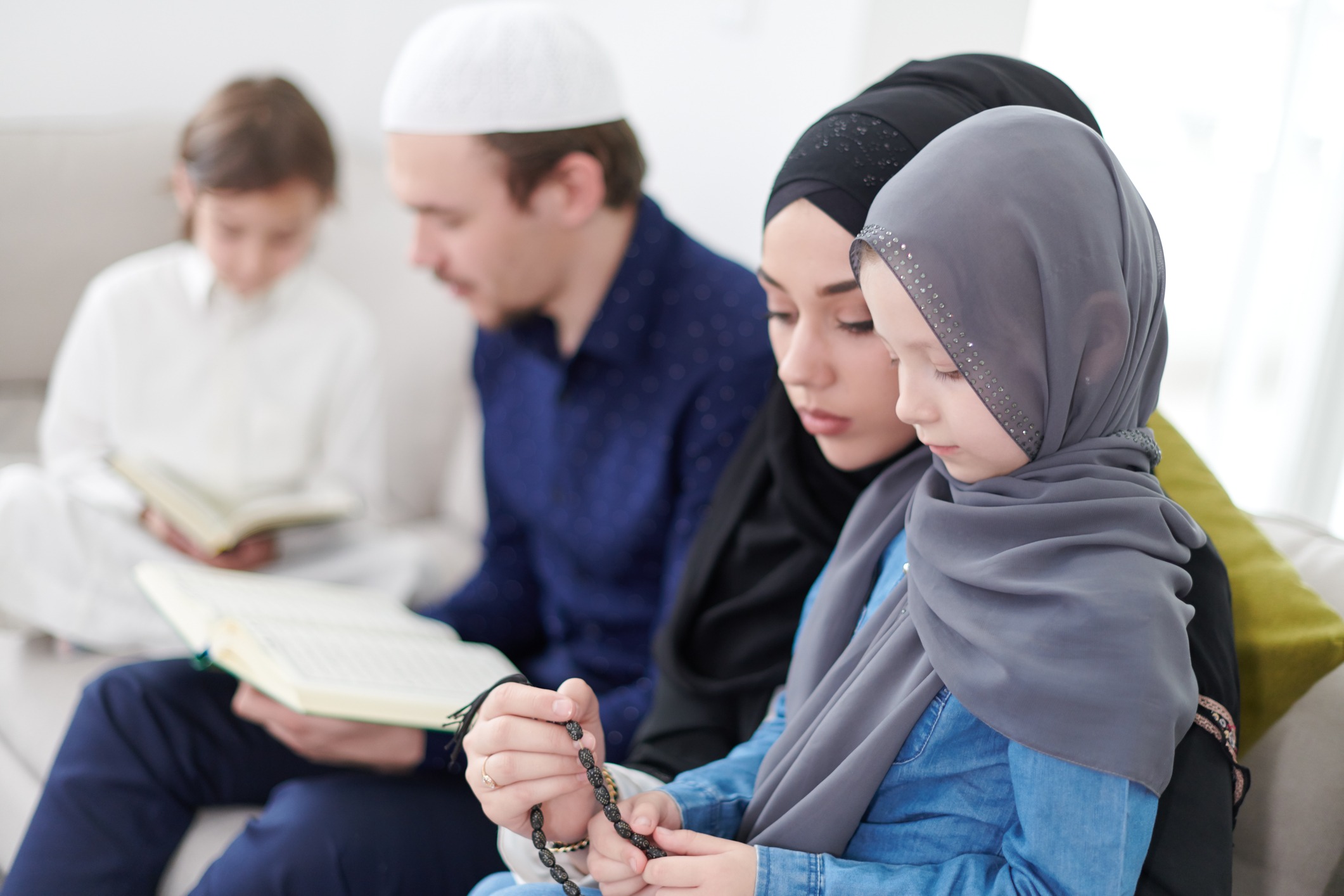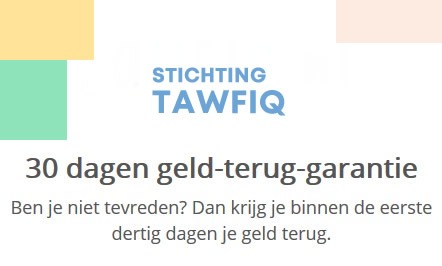-
Islamic knowledge, education and training
- How can parents raise their children to be environmentally conscious using Islamic principles?
- What are the benefits of using Islamic principles in environmental education?
- How can parents teach their children to take responsibility for the environment using Islamic principles?
- What are the different ways parents can help their children develop an eco-friendly lifestyle using Islamic principles?
- How can stewardship be implemented in daily life through Islamic principles and how can this help educate environmental awareness?
“Teach Your Children to Take Responsibility for the Environment: Islamic Views on Stewardship.”
Education for environmental awareness is an important topic in today's world. It is crucial that people learn to take responsibility for the environment and their surroundings. Islamic views on stewardship can help with this. Stewardship represents the idea that people are responsible for managing the earth and its resources, such as water, land and air. The Quran emphasizes this principle by stating that God has given the earth as a gift to humanity, requiring us to treat it well. In this essay I will discuss various ways in which Islamic views on stewardship can contribute to raising environmental awareness in children and young people.
How can parents raise their children to be environmentally conscious using Islamic principles?
Parents can raise their children to be environmentally conscious using Islamic principles by teaching them about the value of the environment and the responsibility they have to take good care of it. They can also teach their children how to save energy and water, recycle waste, protect plants and animals, and so on. Parents should also encourage their children to become actively involved in environmental activities such as planting trees or organizing simple neighborhood cleanups.
In addition, parents must teach their children that Allah holds us all responsible for preserving and protecting our planet. They should let them know that we should all be honest with what we use, give what we don't need to other people who are less fortunate than ourselves, treat other living beings with respect such as animals and plant species, etc., ensuring that everything that is what we do is in accordance with God's will.
What are the benefits of using Islamic principles in environmental education?
Islamic principles can make a major contribution to raising environmental awareness. First, Islam emphasizes that humans are responsible for conserving nature and its resources. The Quran states that God created humanity to serve as stewards, creating an obligation to take good care of nature. Second, Islam teaches that everything God has created is valuable and should be treated with respect. This means that we must treat our world with respect and ensure that we live healthily in harmony with our environment. Third, Islam also emphasizes the importance of sustainability, which means using our resources as efficiently as possible and promoting renewable energy sources such as wind and solar energy. Raising children with Islamic principles can strengthen their environmental ethics, giving them a greater understanding of the importance of taking good care of their world.
How can parents teach their children to take responsibility for the environment using Islamic principles?
Parents can teach their children to take responsibility for the environment using Islamic principles by teaching them about the value of respecting nature. According to Islamic tradition, people should handle all things that Allah has created with care. For example, parents can teach their children not to tolerate waste and to save energy and water. They can also encourage their children to become actively involved in environmental activities such as planting trees or picking up trash in the neighborhood. By showing their children simple ways to take responsibility for the environment, you'll help them develop a real understanding of what it takes to keep our planet healthy and sustainable.
What are the different ways parents can help their children develop an eco-friendly lifestyle using Islamic principles?
1. Parents can teach their children to save energy by reducing the use of electricity and water. They can also encourage less waste by using reusable products and recycling waste.
2. Parents can teach their children about Islamic principles related to environmental responsibility, such as respect for nature, concern for animal welfare and responsibility for the world we live in.
3. Parents can encourage their children to eat local foods that are sustainably grown, which helps reduce greenhouse gas emissions from long-distance transportation.
4. Parents can work with their children on projects in the neighborhood or in other communities to solve environmental problems, such as water pollution or forest fire prevention programs using Islamic principles as a basis for actions taken.
5. Parents should also help their children make good choices when they shop or order online; it should encourage them to make product selections that are environmentally friendly and healthy for people and animals, such as organic food or fair trade production technologies.
How can stewardship be implemented in daily life through Islamic principles and how can this help educate environmental awareness?
Stewardship is an Islamic principle where people are responsible for managing the earth and its natural resources. It's about treating these resources with respect so they can be used for future generations. By implementing stewardship into everyday life, we can increase our environmental awareness.
One way to implement stewardship into everyday life is through sustainability. We must ensure that we produce as little waste as possible and reuse what we already have. We should also use energy efficient appliances and try to use less energy than necessary. We can also try to consume local food to reduce transportation costs and emissions, as well as minimize or eliminate production processes that harm the environment.
We must also cultivate stewardship in children by teaching them about sustainability and environmental responsibility at an early age. This can be done by taking them to places where they can experience nature, such as a park or forest, or by offering them educational programs that focus on environmentally responsible behavior. Parents can also involve their children in activities that focus on sustainability, such as composting or gardening with locally grown vegetables. In this way, stewardship can help raise environmental awareness within our communities. The conclusion is that Islamic views on stewardship are a powerful tool for helping children develop environmental awareness. These visions emphasize the importance of respect for nature and the sense of responsibility needed to guarantee a sustainable future. By raising children with these principles, we can ensure that they become more aware of their impact on the environment and actively contribute to a more sustainable world.







